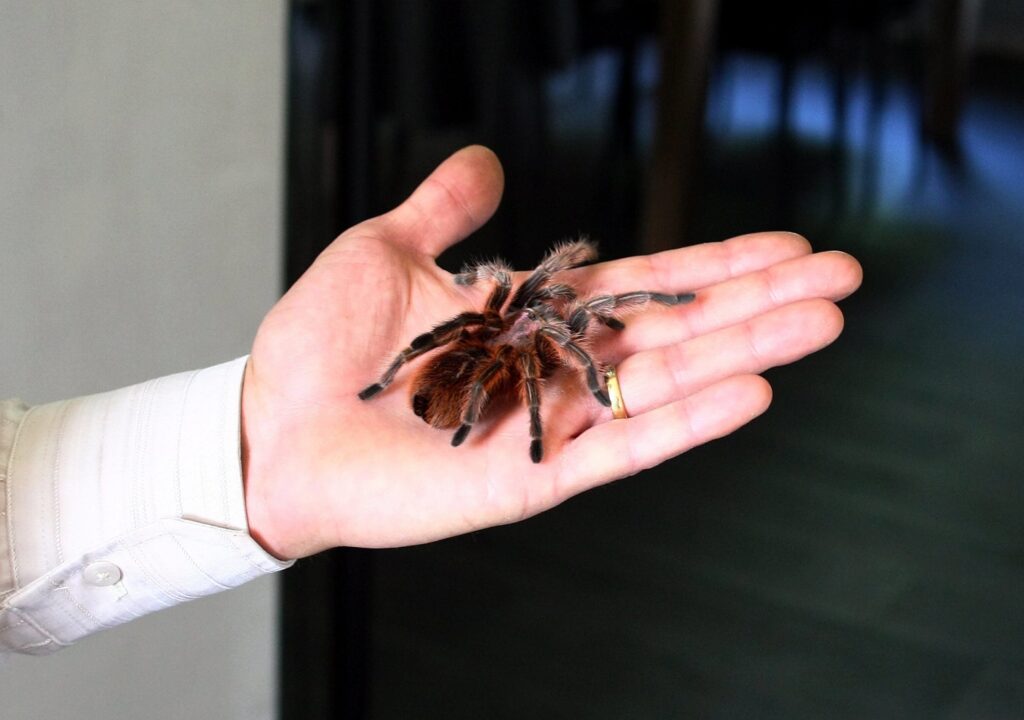The Federal Health Department's Environment Inspectorate conducted 156 inspections last year to combat the illegal trade in rare animal and plant species, along with their derivatives.
This marked a drop of nearly one-third (-31%) compared to 2023, according to data published by the Health Department on Monday.
Of the 156 inspections done in 2024, 92 resulted in a report, representing an 11% decrease compared to the previous year.
There were 11 seizures made, compared to 24 in 2023, marking a 54% reduction.
During the inspections, officials discovered nearly 2,000 specimens, both living and non-living.
These included primarily ivory, parrots, reptiles, and birds of prey, as well as amphibians, mammals, insects, and tarantulas.
Regulating the trade in wild animal and plant species is the aim of the Convention on International Trade in Endangered Species of Wild Fauna and Flora (CITES), approved in 1975.
Such trade encompasses a variety of items, ranging from live animals and plants to multiple derivatives, including food products, exotic leather, musical instruments, souvenirs, and remedies.
Inspections are carried out in shops, pet stores, breeders’ establishments, private homes, antique shops, auction houses, and flea markets, and at borders.

